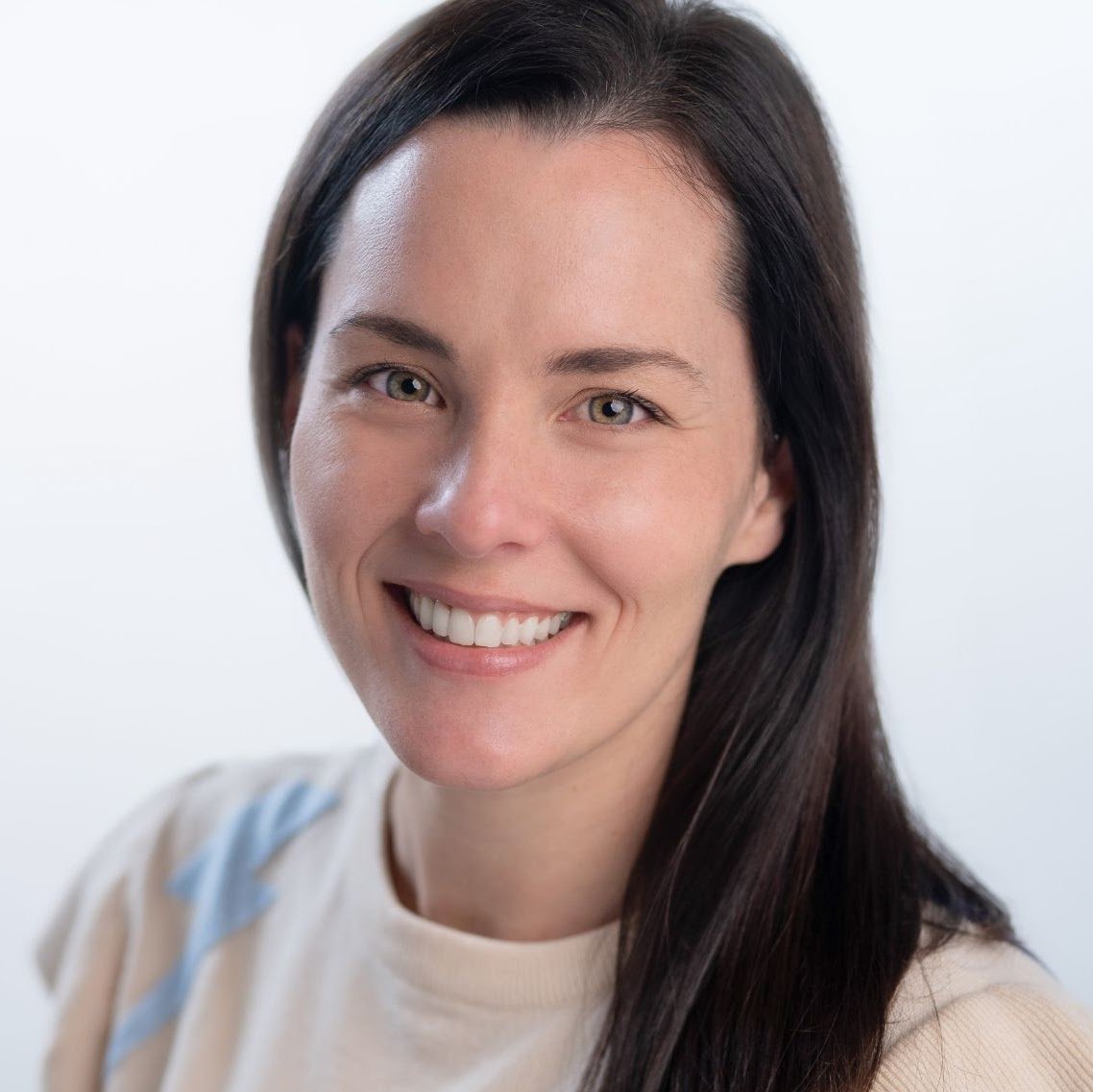How Engaging CME Can Help Prevent Burnout
Staying educated is different before and after training
My specialty is Emergency Medicine but I think the following sentiment applies to all clinicians: doctors, PAs, NPs, nurses, techs… the whole team.
Do you remember, in school or in residency, when you made a great diagnosis, did some cool procedure, or saved the day in some way? What happened next? High fives all around, proud mentors, stories at rounds, teaching peers how you did it, drinks after work… good times.
Remember the first time you did the same cool thing after training?
You looked around for your high five… crickets.
Nobody really noticed or cared all that much. No mentors, nobody to teach to or learn anything deeper from. It’s a stark contrast and it is super hard to get used to. For me, it was depressing, and the introduction to some of the negative realities of being an attending (done with training) clinician in the real world.
The way we keep up to date on new ideas, treatments, and diagnostics is also massively different during training and after. In training, we’re surrounded by geniuses, mentors, and colleagues trading ideas and teaching each other. It’s casual, fun, interesting, and pretty much everywhere you look. We take it for granted, even wishing it wasn’t there at times, looking over our shoulder.
But, after training, many (most?) of us are plucked out of that environment and dropped into one where we’re largely on our own when it comes to keeping up to date and educating ourselves on the quickly changing practice of medicine. It’s not that we don’t try. We all make some sort of plan to keep up and have noble aspirations. “Maybe I’ll find time to read this giant stack of journals I’ve been accumulating for months” or “Maybe I’m going to attend that horribly boring conference and pretend that I’ve absorbed any of the information firehose they boringly tried to foie gras me with.” God forbid I’m under pressure to get my allotted “CME Credit” hours; I might be tempted to purchase a poor quality, biased, half-baked, online pile of… uh,… CME.
Good options?
But, let’s admit it to each other, our plan is not working very well. The journals topple into the trash. We sleep through most of the uninspired conference that makes us feel even more anxious. The online course we bought is so boring we skip right to the multiple choice test to get our credit. And let’s admit something else, we’re kind of ashamed of ourselves. We beat ourselves up. Is there something wrong with us? How does everyone else keep up? Secret answer: There is nothing wrong with us. They struggle to keep up. They’re just like you and me.
Why? Are we lazy? Are we getting old? Have we stopped caring about our patients? No, we’re working crazy hard, we’re moving fast, and we care more than ever about our patients, but the system asks a lot of us. Still, whether we are aware of it or not, letting our education slip is contributing, big time, to our collective burnout.
OK then, again, why is this so tough? One huge reason is that, in general, CME [expletive] sucks. It’s boring, it’s outdated, it’s delivered on old technology, it’s produced on equipment from the cassette tape era, it’s pretentious, it’s condescending, and it’s uninspiring.
None of us expects our CME to do anything but suck. We’re apathetic and apoplectic. We take a cursory look at our options and assume somebody is in charge of quality around here, right? So, over and over again we spend our hard earned money, and worse, our precious time and energy on CME that doesn’t help us or our patients.
Let’s start demanding better medical education. Good medical education is out there (If it’s not obvious, I believe Hippo is a vanguard here… bias acknowledged). Spend the small amount of time to find it and we can change what we’re offered by expecting and demanding more.
Practice-Changing Education
Experience education that goes beyond theory. Explore Hippo Education’s offerings below.



